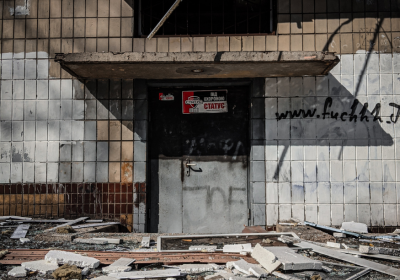
The British-based Ukrainian Solidarity Campaign is publishing weekly reports by Marko Bojcun on the war in Ukraine. This is his first instalment, written on March 26.

The British-based Ukrainian Solidarity Campaign is publishing weekly reports by Marko Bojcun on the war in Ukraine. This is his first instalment, written on March 26.
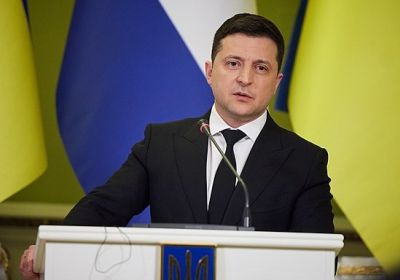
Ukrainian socialist organisation Sotsialnyi Rukh denounces Ukrainian President Volodymyr Zelensky's decision to temporarily suspend the activities of some Ukrainian political parties.
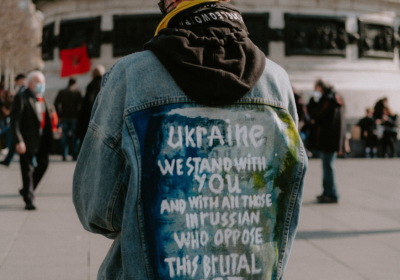
Ukrainian leftists have appealed for international solidarity, as President Volodomyr Zelensky moved to ban leftist groups, including those opposing the Russian invasion, reports Steve Sweeney.
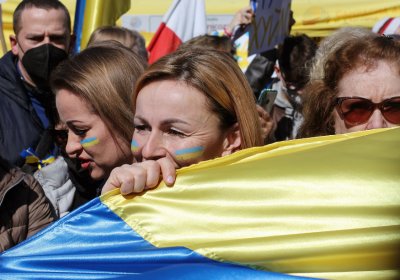
The issue that has generated most heat on the left is not whether Russia's invasion is justifiable, writes Steve Ellner, but whether raising NATO distracts from the atrocity of the invasion.
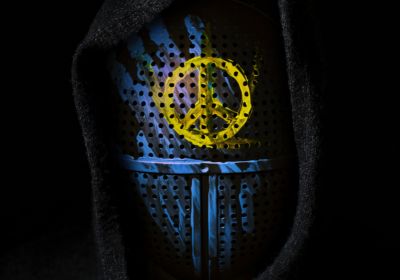
Jerko Bakotin of the Croatian weekly Novosti spoke with Volodymyr Ishchenko, one of the most prominent intellectuals on the Ukrainian Left and a co-founder of Commons: Journal of Social Criticism.
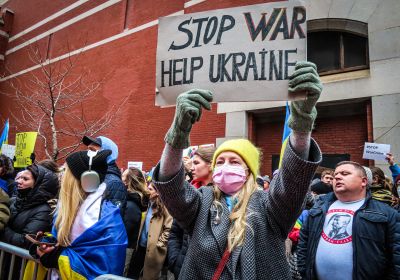
Denys Gorbach and Denis Pilash discuss the situation in Ukraine and the kind of peoples' solidarity required.

In the context of Vladimir Putin’s invasion of Ukraine, supporters of Spanish unionism are taking every opportunity to attack independentist figures, reports Dick Nichols.
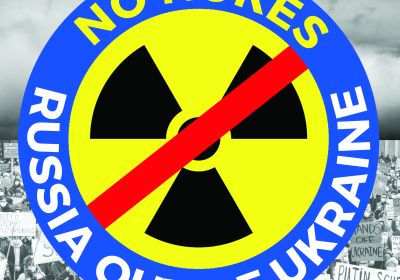
Several nuclear facilities in Ukraine have been attacked by the Russian military over the past fortnight — a nuclear research facility, two radioactive waste storage sites, the Chernobyl nuclear site, and the Zaporizhzhia nuclear power plant, reports Jim Green.
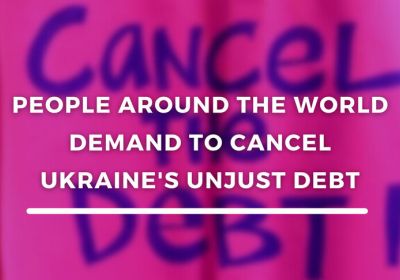
A global campaign has been launched for the cancellation of Ukraine’s foreign debt, which stands at US$125 billion, reports Federico Fuentes.
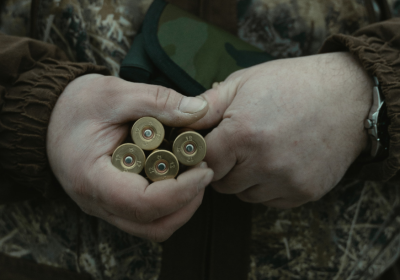
Federico Fuentes spoke with Argentine Marxist economist Claudio Katz about the nature of Russia's invasion of Ukraine, and what position anti-imperialists should take in the conflict.
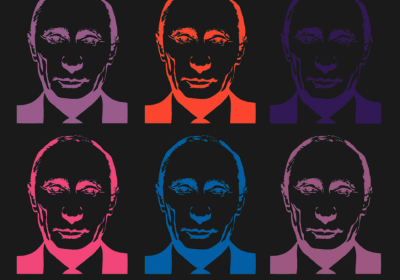
The roots of Russia's invasion of Ukraine go deep to various political and foreign policy developments, writes Vijay Prashad.
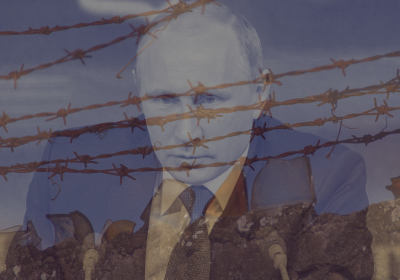
Russia expert Tony Wood told Green Left Russia’s invasion of Ukraine represents “a turning point” for his regime.